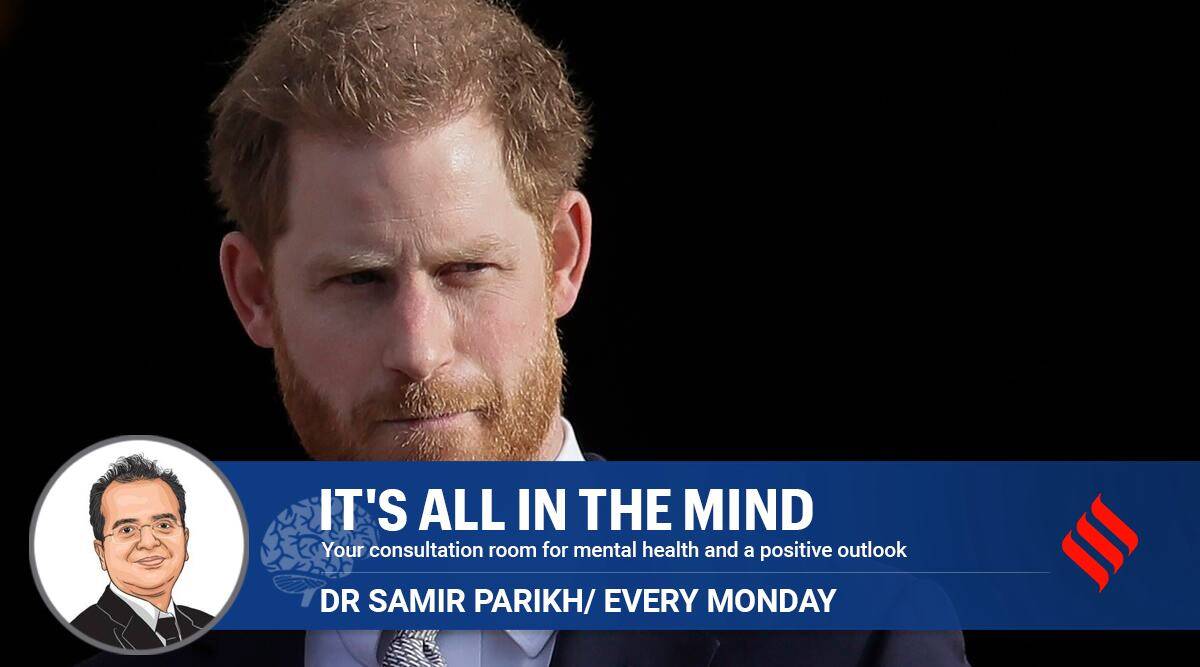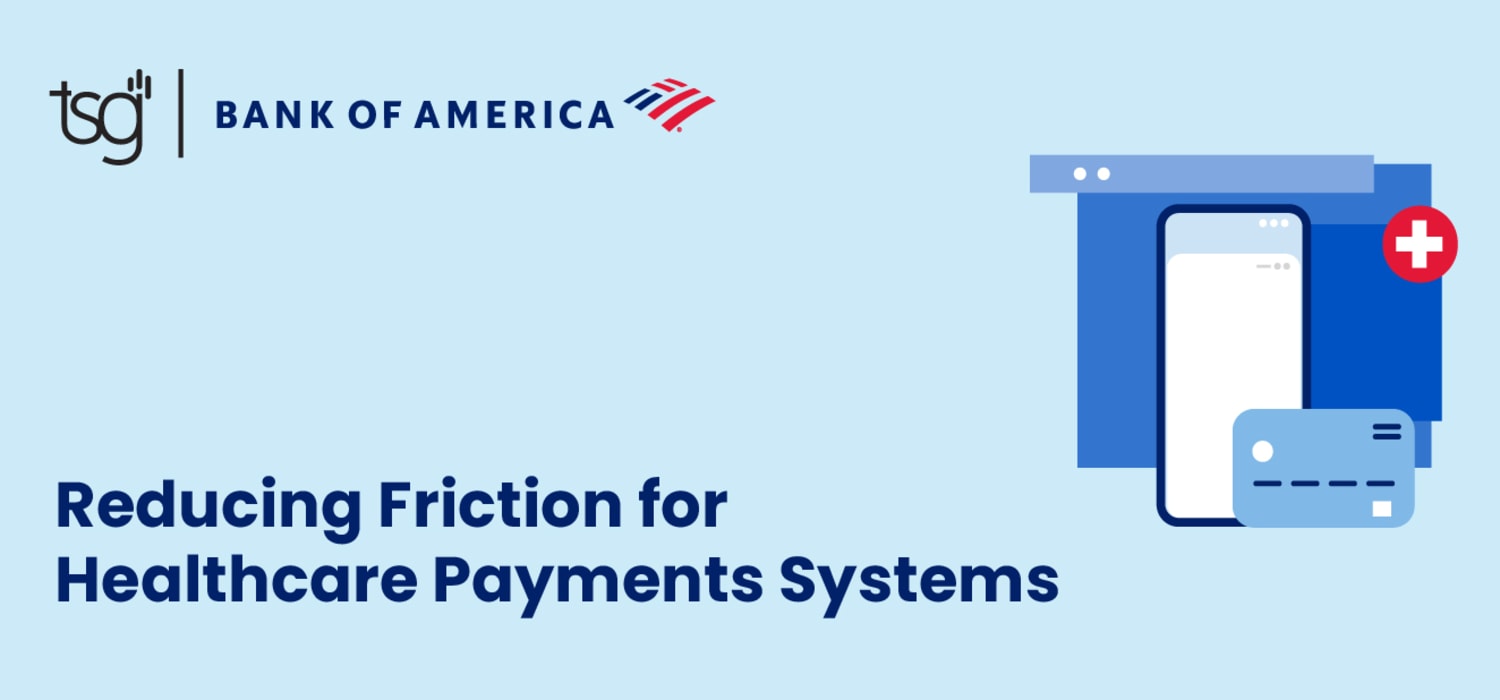[ad_1]
Life sometimes confronts us with situations in which we find it difficult to cope. We’ve often heard of young people who, when experiencing grief, after exposure to a traumatic event, or sometimes the loss of a relationship or a job, may turn to substances like alcohol or drugs for solace. And so, we’ve often come across a link between stressful life events and the onset or increase in use of substances to cope with these events. This issue has come up for discussion following Prince Harry’s confession in his latest book, Spare, that he resorted to psychedelic drugs to deal with the trauma of his mother Princess Diana’s death.
The reason people in difficult situations turn to substances is avoidance – be it numbing the emotional pain that one would experience by confronting the situation, by avoiding difficult choices that may need to be taken, or withdrawing from relationships and responsibilities.
No matter how difficult the situation may be, we must remember that our experience of the distress is not dependent on the situation alone, but also on our resources to cope with the situation. People often revert to unhealthy means of coping – substance use being one of them. Other unhealthy means of coping can include anger outbursts, engaging in blame games, withdrawing from loved ones, emotional eating, over-working, and other changes in behaviour that can have a detrimental impact. While providing temporary relief in the short run, these unhealthy coping mechanisms can negatively affect our health, relationshipsproductivity as well as our own sense of self-worth.
There are, on the other hand, various healthy coping mechanisms that we can use to navigate the difficult moments that come our way. The attitude and belief system that we approach life with can help us in such difficult times. Whenever possible, try to take a problem-solving approach. Evaluate your resources in relation to the demands at hand. Think about the things that are in your control, and focus on changing those, rather than worrying about things that are beyond your control.
Wherever possible, prepare for changes and life transition so they don’t blindside you. It’s natural to feel a range of emotions like sadness, anger, shock or guilt, and how we feel is often determined by what happens around us. While we may not be able to control what we feel, how we respond to those emotions is in our control. Channelise your emotions in a way that aligns with values, to bring about some changes in life, or to find a way to help others around you who may be experiencing difficult situations. Using activities like art, music, writing or sports and physical activity can also help you channelise your feelings in a healthy manner. Look after your physical health, ensure that you eat right and get enough sleep. At the same time, to whatever extent possible, stay engaged with your professional or academic commitments.
Perhaps the most effective coping strategy when in distress though is to rely on support systems. Rather than shutting down social interactions, engage with the people you care about. Don’t bottle up your feelings. Instead, openly talk about your thoughts and feelings. Remember that expressing yourself or at times crying doesn’t make you a burden or make you weak. Ask for help when you feel like things are getting too difficult to cope with.
Now of course, nobody uses drugs with the notion that they would get addicted to the substance. However, while the first use of a substance is in our control, what follows is a series of chemical reactions in the brain, the highs and crashes, the withdrawal and craving, and these often develop into an addictive cycle that’s difficult to break out of. If you find yourself or a loved one dealing with a substance related disorder, reach out, seek help and regain control over your life.
[ad_2]
Source link



